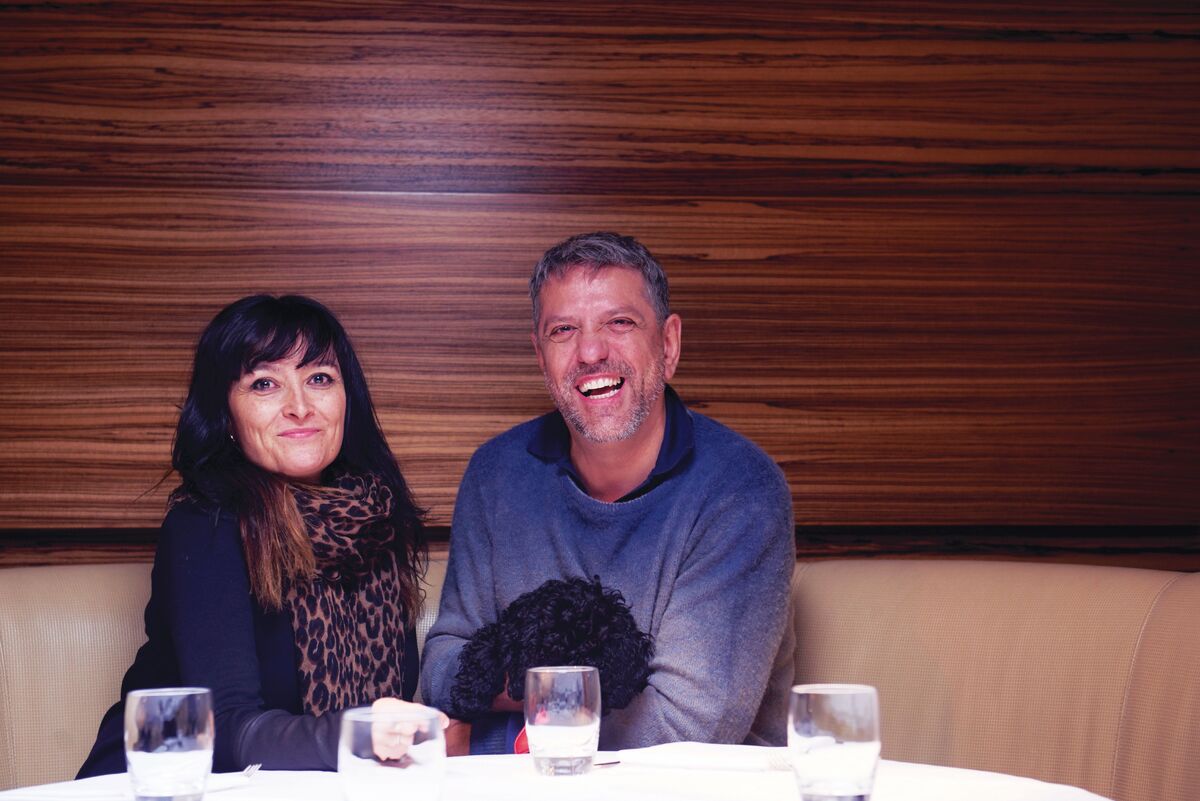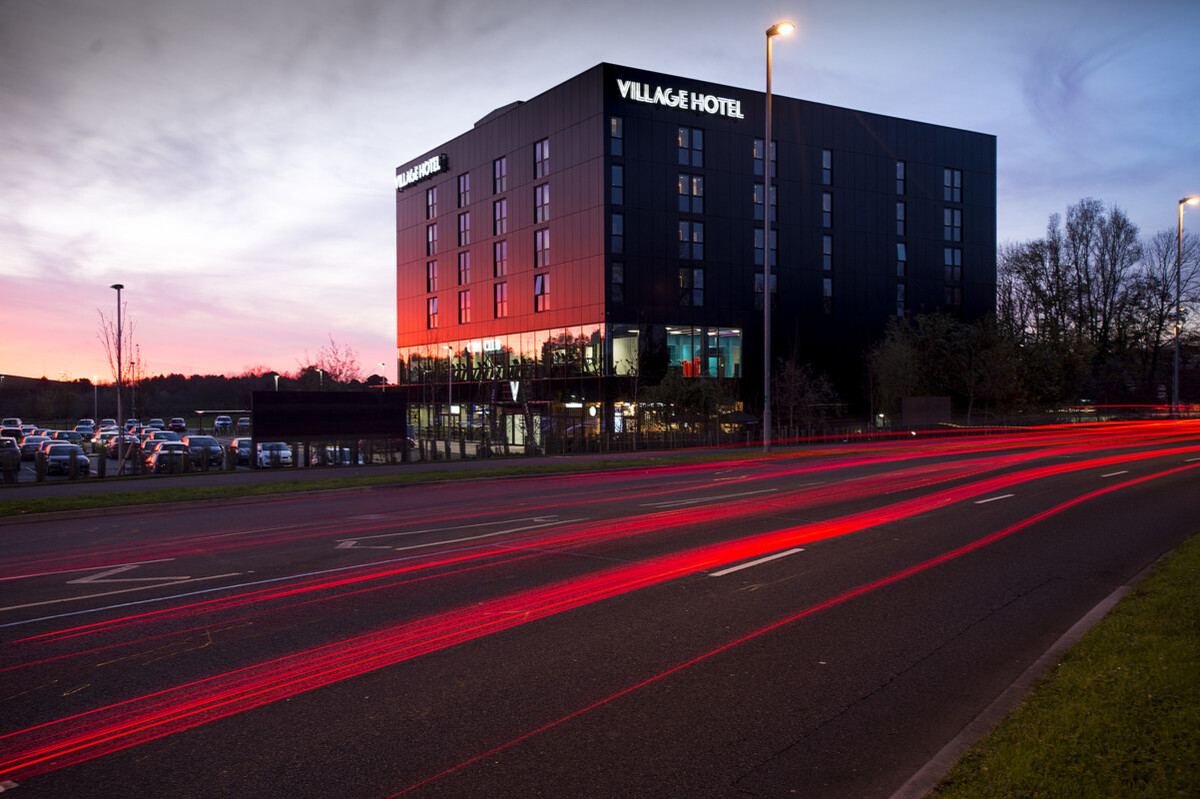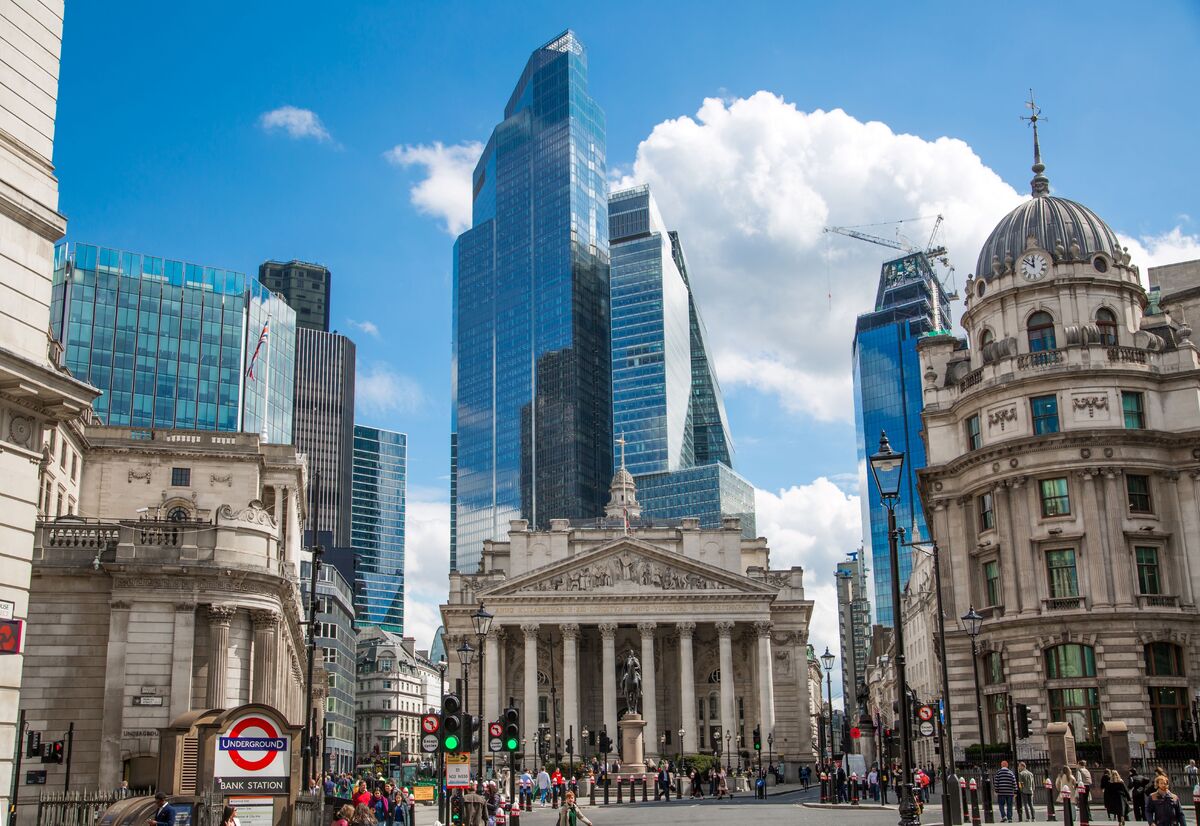Status symbols: know your green accreditation
So you’ve reduced your waste, counted your carbon and gone green with your cleaning products, but how do you tell everyone about it? With an accreditation that proves your worth
The Sustainable Restaurant Association
What does it cost?
£495 plus VAT per year for a single-site restaurant
What does it involve?
Members access a community of industry colleagues both online – via a member-only platform – and through a programme of events. They are also encouraged to complete the Food Made Good Sustainability Rating, which assesses the sustainability of the whole business. This online questionnaire consists of more than 200 questions across the three pillars of sustainability, sourcing and environment.
Once the online survey is completed a percentage score is calculated before the business is rated either one, two or three stars.
Accredited members
Hundreds of businesses, from independent cafés such as Ode in Devon, large pub groups like Young’s and JD Wetherspoon, as well as Michelin-starred restaurants, including Belmond Le Manoir aux Quat’Saisons in Great Milton, Oxfordshire. Several workplace and university caterers are also accredited, including the University of Oxford and CH&Co.
What impact can it have on business?
Mike Palmer, owner of Lucky Beach Café and Redroaster coffee house in Brighton, says: “Joining the SRA has had an incredible effect on both our recruitment and retention of highquality, engaged staff. It really has helped us attract the best applicants.”
EarthCheck
What does it cost?
AUD$4,800 (£2,500) for certification
What does it involve?
Australia-based EarthCheck has a lengthy certification process – two years (silver), five years (gold), 10 years (platinum) and 15 years (master). The United Nations Sustainable Development Goals (SDGs) have been used to create a credible and measurable framework for the programme.
Founder and chief executive Stewart Moore says: “You can’t manage what you don’t measure. Reporting gives our members the ability to monitor and evaluate their impact, including local community interaction, natural habitat protection and operational savings through the most efficient use of resources.”
Businesses are assessed on their use of energy, water, pesticides and cleaning products and paper, alongside their greenhouse emissions, community interaction, corporate and social responsibility and waste policy.
Accredited members
Only two hotels in the UK have achieved certified (gold) status: the Langham London and St James’ Court, London (a Taj hotel).
Sister hotels Melia White House and ME London are working towards certification.
Whatley Manor in Malmesbury, Wiltshire, is an EarthCheck Evaluate member and is working towards certification.
What impact can it have on business?
Bob van den Oord, managing director of the five-red-AA-star, 380-bedroom Langham London and regional vice-president operations – Europe, Middle East and US at Langham Hospitality Group, said the EarthCheck accreditation is a pillar of the brand and has been achieved by all 26 hotels within the group.
He says: “Sustainable sourcing, environmentally friendly waste disposal and supporting the local community continue to grow in importance in the customer decision-making process, whether it’s individuals booking a weekend break or large corporates co-ordinating a major event.
“Over the past 18 months there has been a noticeable uplift in the amount of businesses asking us to explain our sustainable strategy. I am convinced that having a clear and substantial sustainability programme will be vital to our ongoing commercial performance in the years to come.”
Green Tourism
What does it cost?
Annual membership costs £150-£650 plus VAT (depending on business size)
What does it involve?
The certification programme has been running for more than 20 years and is the largest in the UK, with more than 2,300 participating businesses, including hotels, inns, restaurants, cafés and visitor attractions.
Bronze, silver and gold awards are achieved following assessment by qualified grading advisers covering a range of areas, including energy and water efficiency, waste management and community involvement.
What impact can it have on business?
“Joining Green Tourism was one of the best things we ever did,” according to Devon Cliffs Holiday Park. “We have halved our waste to landfill, saving us nearly £90,000 a year, and we have made large savings on our utility bills.”
B Corporation
What does it cost?
The annual certification fee depends on annual sales, for example £500 if annual sales are less than £150,000; £1,000 if sales are less than £2m; £1,500 if sales are less than £5m.
What does it involve?
To certify as a B Corporation will involve measuring your company’s entire social and environmental performance, including how your company’s operations and business model impact your workers, community, environment and customers.
This is supported by transparency and accountability requirements and commits you to consider your impact on stakeholders now and in the future by building it into your company’s legal structure.
After completing the free, online B Impact Assessment, your score will be verified to determine if your company meets the 80-point bar for certification. You will be required to submit confidential documentation to validate your responses.
Accredited members
Qbic, which has a hotel in London’s Whitechapel, was the first hotel company to register as a B Corp. Big Mamma Group, which operates restaurants including Gloria and Circolo Popolare in London, is also accredited.
Carbon Trust Standard
What does it cost?
Costs differ according to the size and complexity of the organisation, product or supply chains.
What does it involve?
The Carbon Trust Standard recognises organisations that take a best practice approach to measuring and managing their environmental impacts, achieving real reductions in these year-on-year. A range of Carbon Trust Standards are available, covering carbon, water, waste, zero waste to landfill and supply chain.
Accredited members
Clients include Whitbread and Greggs.
What impact can it have on business?
As well as driving awareness of a business’s environmental credentials, certification can also help prepare larger organisations to demonstrate their performance under voluntary and mandatory environmental reporting frameworks, such as the Streamlined Energy and Carbon Reporting framework, the Energy Savings Opportunity Scheme or the Carbon Disclosure Project.
International standards
The Carbon Trust can also provide independent certification for products, organisations and services for international standards for organisational carbon footprinting (ISO 14064, GHG Protocol), product carbon footprinting (PAS 2050, ISO 14067) and carbon neutrality (PAS 2060). Companies looking to publicly communicate these credentials also have the option to use the Carbon Trust’s footprint logo.
www.carbontrust.com/client-services/certification/carbon-trust-standard




















